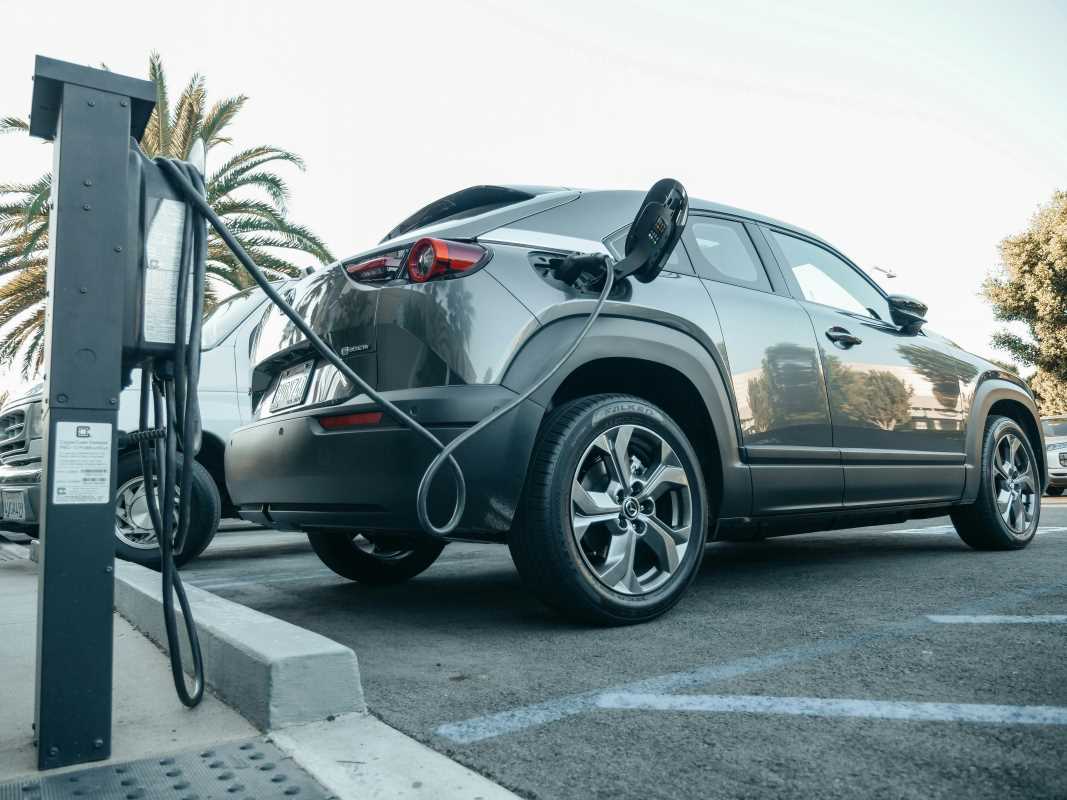Buying a car is a mix of excitement and stress. On one hand, it’s a major milestone; on the other, it can feel a little like walking into a lion’s den. With slick sales tactics, hidden fees, and a literal maze of car choices, the process can trip up even the savviest of buyers.
But fear not! This guide breaks down three of the most common mistakes people make during a car buying transaction. Avoiding these pitfalls can save you money, time, and lots of post-deal regret.
Overlooking the Power of Research
Skipping research before buying a car is like going grocery shopping on an empty stomach, a recipe for bad decisions. Plenty of people fall into the trap of walking onto the lot without a plan, trusting they’ll “just know” the right car when they see it. Big mistake.
Car dealers are experts at turning your vague ideas into premium-price sales, so it’s crucial to do your homework in advance. Check reviews, compare prices, and decide on must-have features before you step foot in a dealership. Websites like Kelley Blue Book and Edmunds are great tools to gauge both the fair purchase price of vehicles and their long-term reliability.
- Research fuel economy and maintenance costs to determine long-term affordability.
- Look into financing options ahead of time to avoid being locked into less-than-stellar dealership rates.
- Read up on the pros and cons of new versus used cars based on your budget and priorities.
When you arrive armed with knowledge, you’re less likely to be swayed by flashy pitches or “one-time only” offers.
Ignoring the Importance of Negotiation
Negotiation is a skill, and when buying a car, it’s a non-negotiable one. Some buyers shy away from haggling because it feels awkward or confrontational. Others assume the sticker price is the final word, which couldn’t be farther from the truth. The majority of dealerships expect negotiations and often leave wiggle room in their pricing just for this reason.
To negotiate effectively, you need to stay calm, confident, and persistent. Start by focusing on the purchase price of the car, not the monthly payment. Dealerships often lure buyers with seemingly affordable payment plans while quietly padding the total cost with extra fees and add-ons.
Remember, the goal is to shift the conversation from “what can you afford today?” to “what is the actual cost of this car?” Many buyers find success by comparing offers and letting dealerships know they’re shopping around. You’ll be amazed how quickly the tone changes when competition is involved.
And don’t forget, there’s nothing wrong with walking away. Often, the best deals materialize when dealerships are trying to win back your business.
Falling for Financial Traps
Buying a car can feel like juggling; there are so many moving parts, and money is flying everywhere. Unfortunately, many people stumble here by focusing only on the upfront cost of the car and ignoring the financial fine print.
One major trap is agreeing to unfavorable loan terms. The dealership might dangle a lower monthly payment, but over a longer loan period, you’ll end up paying thousands more in interest. Always ask for the total loan cost, not just the payments, to keep things clear.
Another trap? Those tempting but pricey add-ons. Extended warranties, rust-proofing, and fancy interior upgrades are often sold at inflated prices, even though they offer little extra value. Think of add-ons like the impulse buys you see at the checkout line. Do you really need that extra pack of gum?
Also, take a second look at fees. Dealers sometimes sneak in costs like document preparation fees or “advertising fees” that can easily add hundreds to your final bill. Politely question suspicious charges and fight for transparency.
Knowing What Questions to Ask
When it comes to car buying, asking questions isn’t just helpful, it’s essential. Buyers who nod along and cross their fingers typically end up regretting it. Make it a habit to clarify everything, from the vehicle’s history to financing terms. Start with questions like:
- Are there any warranties included, and can I see the terms?
- Is there a vehicle history report for used cars?
- Can you provide a breakdown of all fees in the agreement?
By asking detailed, specific questions, you’ll dodge surprises later and feel more confident in your purchase.
Turning the Experience to Your Advantage
Buying a car doesn’t have to feel like an uphill battle. When you come prepared, ask questions, and hold your ground during negotiations, you gain the upper hand. And, most importantly, keep your expectations realistic.
Look for cars and terms that work for your lifestyle, not sales numbers or trends pushed by the dealer. Whether it’s prioritizing fuel efficiency for long commutes or ensuring there’s car seat room for growing families, always keep your needs at the center of the process.
Common Missteps in Summary
If we were to sum this all up, car buying pitfalls generally boil down to these traps:
- Lack of preparation: Walking in without research leaves you vulnerable to bad deals.
- Negotiation avoidance: You’re likely leaving money on the table if you accept the first price offered.
- Financial loopholes: High loan costs and unnecessary add-ons can bloat your budget.
By sidestepping these, you set yourself up for a process that feels more like a win than a gamble.
Why Avoiding These Mistakes is Critical
No one wants to feel buyer’s remorse, especially over something as monumental as a car. Cars are not just transportation; they’re often intertwined with your daily life, work, and pleasure. Start with a strong strategy, and you’re less likely to feel duped when you drive off the lot. Remember, the goal is lasting satisfaction, not fleeting excitement.
Driving Off into the Stress-Free Zone
Buying a car may never be totally stress-free, but avoiding these common mistakes brings you pretty close. With some preparation, asking the right questions, and staying sharp in negotiations, you’ll not only leave with a great car but also with a sense of accomplishment.
And that, my friend, is worth every penny.
 (Image via
(Image via





